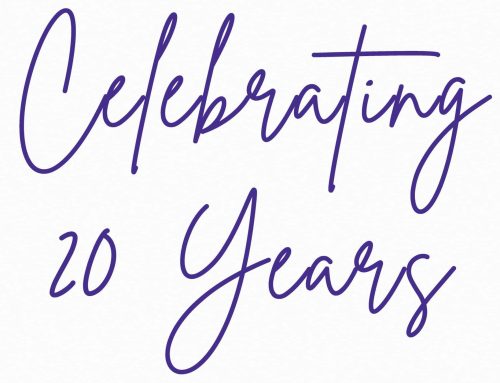By Nicholas R. Bair, CFP, ChFC, Wilde Wealth
Imagine the economy and the stock market as dance partners at a lively ballroom event. Sometimes they’re perfectly in sync, gliding across the floor in a graceful waltz. Other times, it’s like watching your uncle Bob at a wedding—one partner’s doing the cha-cha, and the other is still trying to figure out the Macarena.
The Economy: The Lead Dancer
The economy is like the lead dancer in this duo. It’s the one setting the pace, whether it’s a slow, steady foxtrot or an upbeat quickstep. The economy’s moves are dictated by things like GDP growth, employment rates, and consumer spending—basically, all the things that make the financial world go ‘round. When the economy is strong, it’s like watching a seasoned dancer take the floor, confident and sure-footed. Businesses are thriving, jobs are plentiful, and people are spending like there’s no tomorrow.
But even the best dancers can stumble. A sluggish economy might be the equivalent of your dance partner having two left feet. Inflation, rising interest rates, or a downturn in consumer confidence can all throw off the rhythm, making every move feel like a struggle.
The Stock Market: The Enthusiastic Follower
Now, the stock market is an eager, but sometimes unpredictable, dance partner trying to keep up with the economy’s lead. When the economy is grooving to a steady beat, the stock market usually follows suit, moving in a smooth, synchronized pattern. It’s all smiles, and investors feel like they’re floating on air.
But just like in dancing, sometimes the stock market has a mind of its own. It might leap ahead, spinning wildly in excitement when it senses even a hint of good news, like a new product launch or a surprise earnings report. Other times, it’s a bit too dramatic, dipping low or tripping over its own feet in response to a headline that spooks investors.
The Market and Economy: Not Always in Step
Here’s the thing—these two partners aren’t always in step. The economy could be doing a slow, steady waltz while the stock market is breakdancing in the corner. This disconnect can happen because the stock market is forward-looking, trying to anticipate the economy’s next move, sometimes getting ahead of itself, and other times lagging.
The Bottom Line
Just like any dance, there’s a rhythm to the relationship between the economy and the stock market, but it’s not always smooth. As a financial advisor, it’s my job to help you understand when to follow the lead, when to sit out a dance, and when it’s time to switch partners. Because in this ever-changing dance floor of life, timing and balance are everything.
So, keep your dancing shoes ready and remember that even when the music changes, a good partner—and a good plan—can help you stay in step.
Securities and advisory services offered through Cetera Advisors LLC, Member FINRA/SIPC, a broker/dealer and a Registered Investment Advisor. Wilde Wealth is under separate ownership from any other named entity. Please be advised trades cannot be accepted via email or voicemail. This article is designed to provide accurate and authoritative information on the subjects covered. It is not, however, intended to provide specific legal, tax, or other professional advice. For specific professional assistance, the services of an appropriate professional should be sought. A diversified portfolio does not assure a profit or protect against loss in a declining market. Past performance is not an indication or guarantee of future results.





